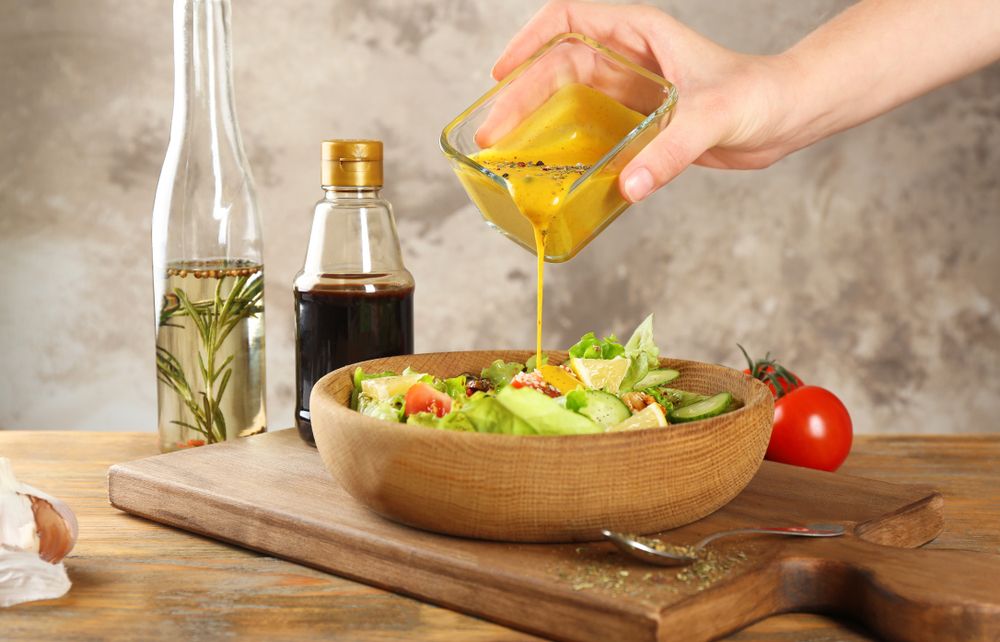The trend of low-fat diets in the 1980s and 1990s may have been well-meaning, but according to today's health experts, it likely caused more harm than good. While the premise was that cutting fat would reduce calories and aid in weight loss, it's now understood that not all fats are equal. Certain fats, such as omega-3 fatty acids and monounsaturated fats, offer significant health benefits like reducing inflammation and supporting heart health. Even the understanding of saturated fats has evolved to be more nuanced than previously thought.
Fat, regardless of type, is not something to be demonized—it's an essential macronutrient crucial for human health. Moreover, it's now evident that consuming fat doesn't necessarily lead to weight gain. Nevertheless, some food manufacturers persist in producing low-fat versions of their products. While this can be beneficial for individuals with specific medical needs requiring a low-fat diet, for many others, these heavily modified fat-free options are not only unnecessary but potentially harmful. Often, by removing natural fats, manufacturers are compelled to add less nutritious fillers, emulsifiers, and other ingredients in their place.
Before reaching for a "light" or "diet" option at the grocery store, take a look at this list of 9 low-fat items that may not be as beneficial for your health as you assume.
1) Low-fat ice cream
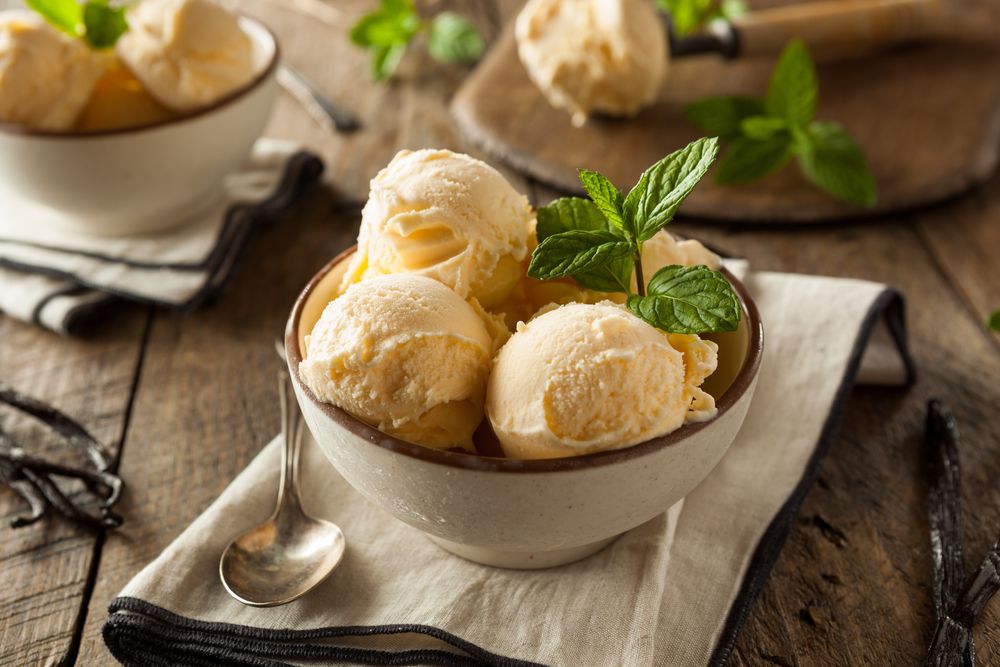
Removing the fat from ice cream and other frozen treats not only diminishes the joy of dessert but also often introduces additives that lack the same nutritional value as real dairy. Ice cream made with genuine, full-fat milk provides essential calcium and protein necessary for good health. Some studies even suggest that consuming whole dairy products is not associated with increased risks of weight gain, heart disease, or type 2 diabetes.
Moreover, opting for a low-fat version may not significantly reduce fat intake. For instance, Kroger's Low-Fat Vanilla Ice Cream contains only 2.5 grams less fat than its Deluxe Artisan Vanilla Bean Ice Cream counterpart.
2) Low-fat peanut butter
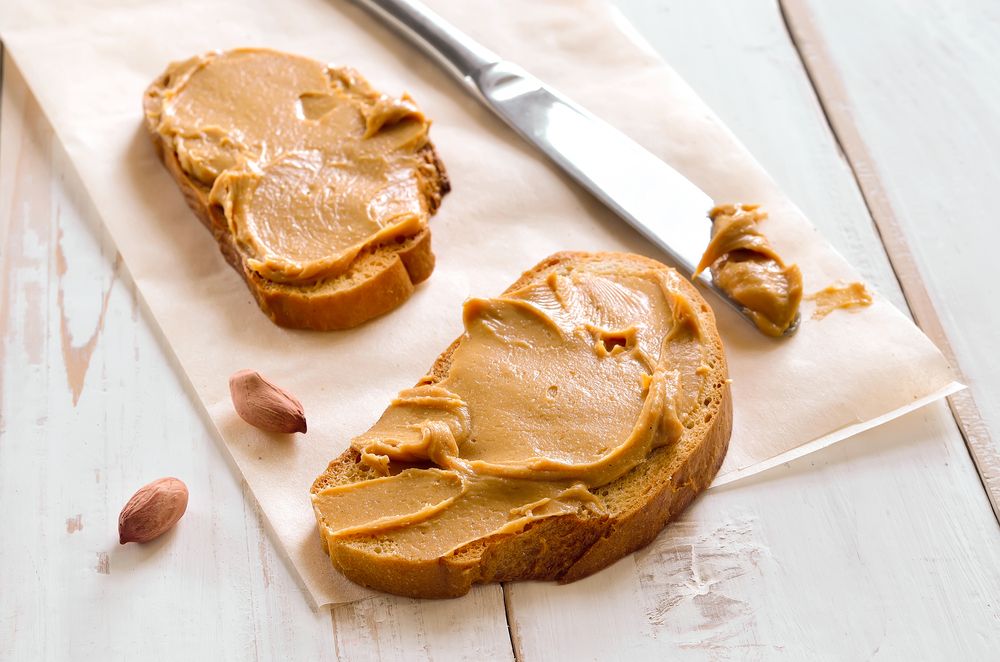
Embrace the fat in peanut butter! According to Harvard Health, full-fat peanut butter boasts a saturated-to-unsaturated fat ratio akin to olive oil, renowned for its heart-healthy benefits. Harvard highlights numerous studies indicating that regular consumption of peanut butter is linked to a reduced risk of heart disease and type 2 diabetes compared to infrequent consumption.
Moreover, removing fat from peanut butter means stripping away vital ingredients, primarily peanuts themselves! For instance, Jif's Reduced-Fat Creamy Peanut Butter contains only 60% peanuts, with the rest comprising pea protein and hydrogenated vegetable oils to maintain its creamy texture.
3) Light mayonnaise
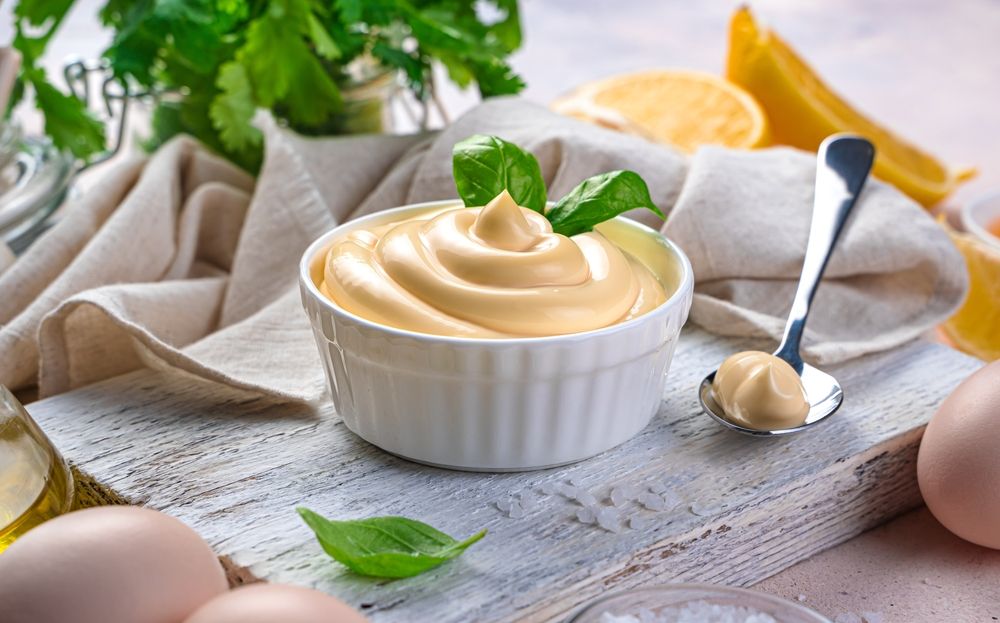
Classic mayo achieves its creamy texture from egg yolks, each contributing roughly 5 grams of fat. But how do manufacturers create a spread without them? Unfortunately, the alternative isn't very appealing. Low-fat mayonnaises often rely on thickeners like modified food starch and substitute eggs with soybean oil for smoothness. While these ingredients aren't harmful, they lack the nutritional richness of real egg yolks. Egg yolks contain essential vitamins such as A, B12, and D, as well as antioxidants like lutein, zeaxanthin, and selenium.
4) Low-fat energy bars
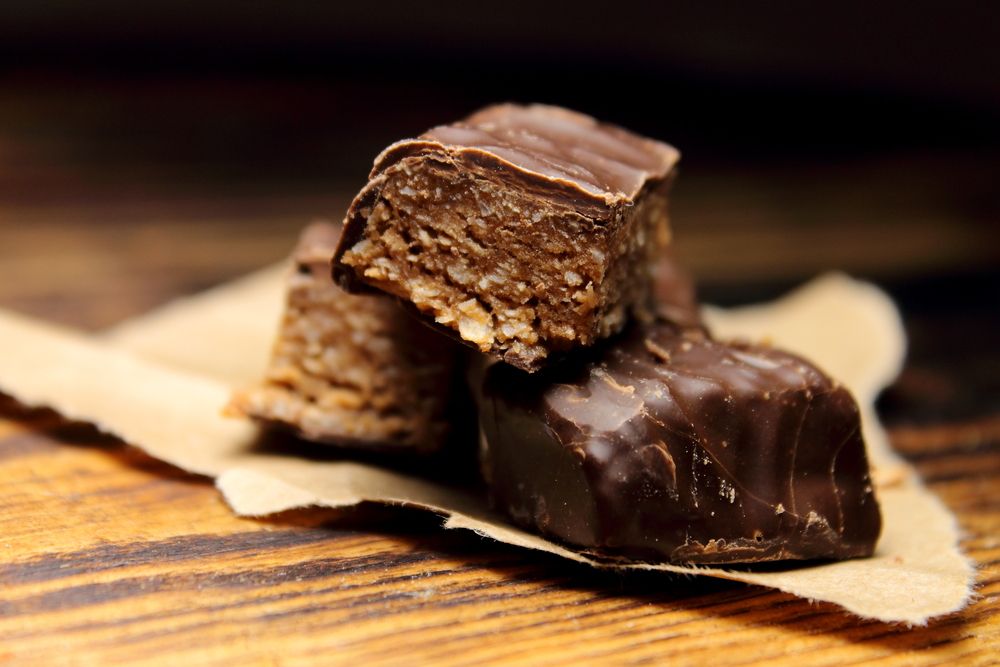
Energy bars often carry a "health halo," leading us to assume they're inherently good for us. However, this isn't always true. Low-fat energy bars can be heavily processed and loaded with unconventional ingredients. Take Protein One's Strawberries and Cream bars, for instance. While they may boast just 2 grams of fat per bar, their ingredient list resembles a chemical concoction, featuring artificial flavors, colors, syrups, and oils.
5) Low-fat cookies
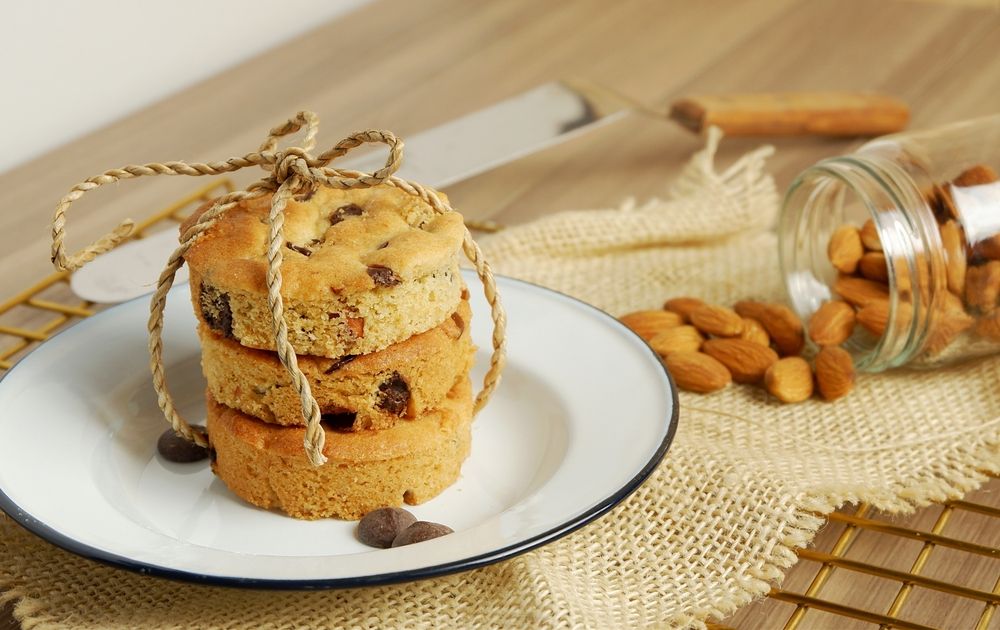
Surprisingly, studies have consistently linked high sugar intake with weight gain more so than high fat intake. As low-fat cookies tend to be high in sugar, opting for them may not be the best choice.
Consider Oreo Thins as an example. Sugar is their primary ingredient, and the limited fat content is derived partly from palm oil, which has been associated with concerns regarding environmental sustainability. If you're indulging in a cookie, it's better to opt for a full-fat version made with higher-quality ingredients.
6) Margarine
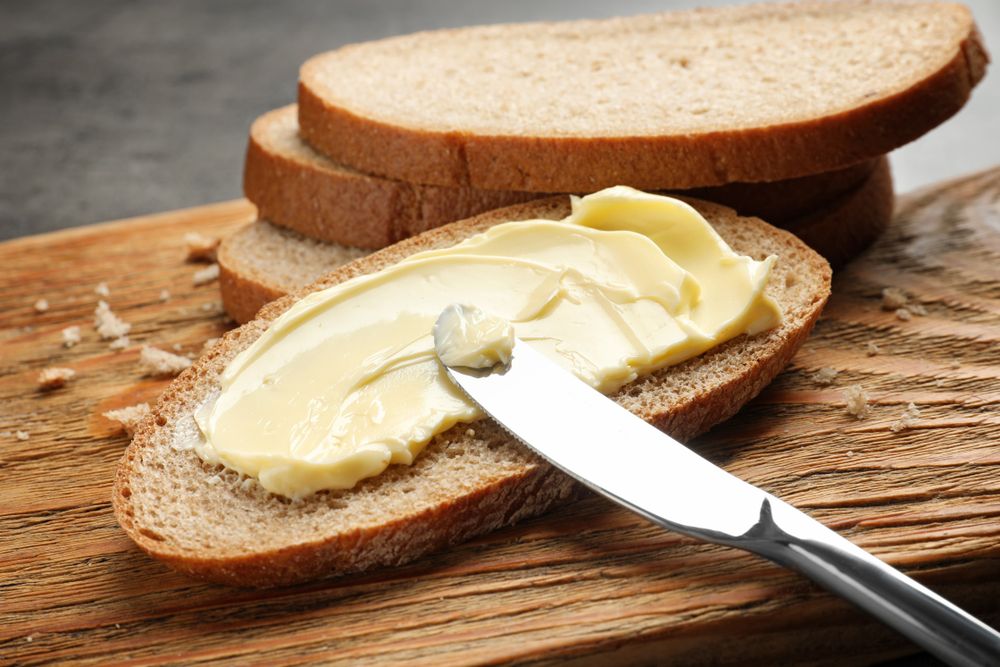
Margarine's decline in popularity since its heyday in the 1970s is warranted. Harvard Health notes that "there never was any solid evidence that substituting margarine for butter reduced the risk of heart attacks or heart disease." While certain portions of margarine may have lower fat content compared to butter, both are calorie-dense foods that should be consumed in moderation.
7) Low-fat salad dressing

Pouring salad dressing without paying attention can quickly result in consuming a significant amount of calories, especially considering most dressings contain oil. Therefore, opting for a low-fat version may seem like a sensible choice to reduce calorie intake.
However, be cautious of low-fat dressings. Some compensate for their reduced fat content by incorporating additional sweeteners and starches. Take Hidden Valley Original Fat-Free Ranch, for instance, which lists corn syrup as its third ingredient and is supplemented with artificial colors and preservatives.
8) Low-fat canned soup
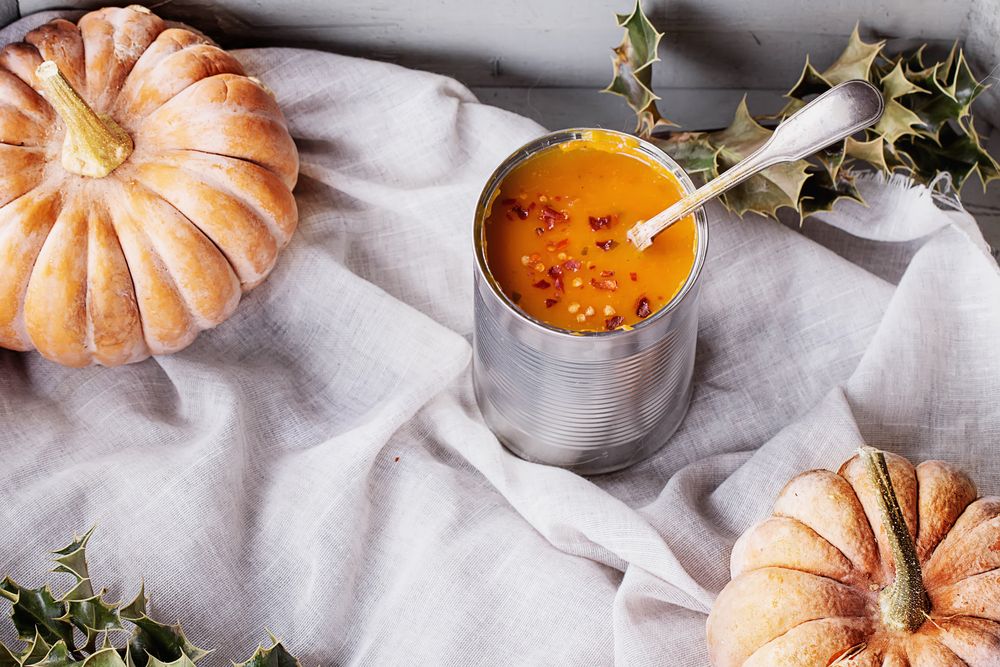
Simply labeling a soup as "light" doesn't automatically make it a healthy choice. Numerous canned soups still contain high levels of sodium. Take Progresso's Light Broccoli Cheese Soup, for instance, which packs 720 milligrams of sodium (equivalent to 32% of the Daily Value) per cup. Additionally, it offers minimal protein, with just 4 grams per serving.
9) Low-fat crunchy snacks
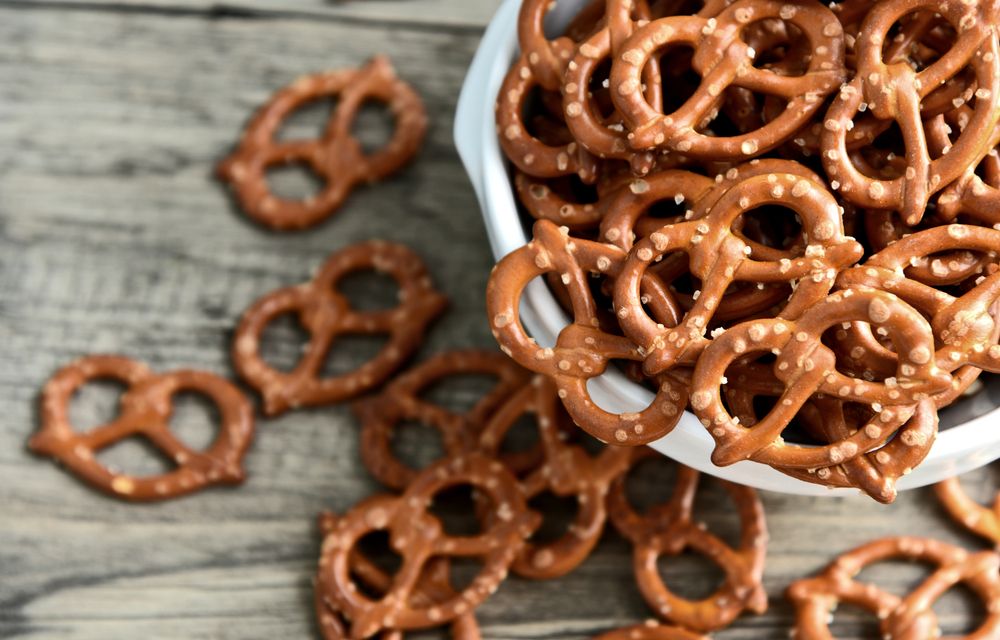
Although low-fat chips, pretzels, or puffs may seem like a lower-calorie option compared to their full-fat counterparts, they typically remain highly processed. To make informed and health-conscious choices, examine food labels carefully. Regardless of their fat content, a lengthy list of ingredients should serve as a warning sign that your crunchy snack may not be as beneficial for your health as you might think.

